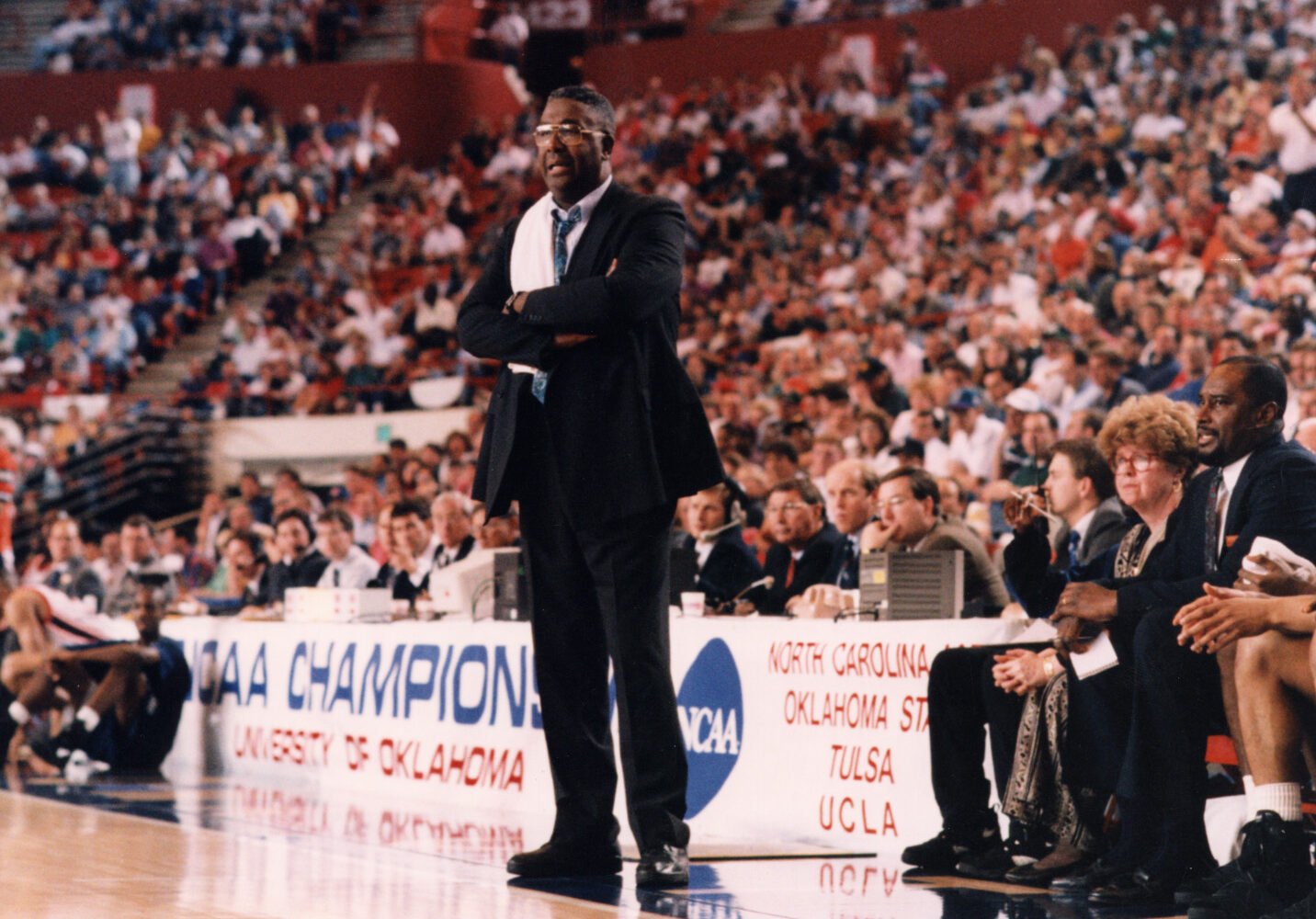Leading up to her confirmation as Secretary of Education, Betsy DeVos rankled enough Americans to provoke 1.5 million calls a day to Senate offices; Vice President Mike Pence was forced to cast an unprecedented tie-breaking vote to approve her the other week. Much ink has been spilled over what the pro-School Choice politician means for public and charter establishments, but what impact might she have on families who educate their children at home?
The 59-year-old philanthropist, businesswoman, and education activist hails from Grand Rapids, Michigan–which is also birthplace of her Christian Reformed Church. That faith is rooted in the Calvinist Dutch Reformed tradition which foregrounds community and confession. This matters: in the 1980s, the face of homeschooling permutated from a lefty rejection of Capitalism to a conservative Christian movement when influential evangelicals like James Dobson and Tim LaHaye began promoting the practice out of concern about the pernicious effects of secular education in public schools. Conservatives battled in the courts until it was legalized in all 50 states in 1993.
Although home education’s face continues to evolve–the latest federal data says American parents homeschool 1.8 million children to address bullying, institutional racism, or lack of special needs programs among other reasons–today its most powerful lobbies still stem from this individualistic evangelical tradition. However, Dutch Reformists have a more collective ethos, which may explain why DeVos has focused on promoting Christian schools instead of homeschooling as other Republicans have done. President Donald Trump spoke about homeschooling a single time, during his campaign: “School choice means that parents can homeschool their children, 100 percent.” DeVos has also only spoken about it once, in a 2013 interview with Philanthropy Magazine:
“Homeschooling represents another perfectly valid educational option. We’ve seen more and more people opt for homeschooling, including in urban areas. What you’re seeing is parents who are fed up with their lack of power to do anything about where their kids are assigned to go to school. To the extent that homeschooling puts parents back in charge of their kids’ education, more power to them.”
While her relative silence and Christian school concentration is disappointing to some homeschoolers, many “traditional” advocates say that’s exactly what they want.
“My particular feeling as a home educator in regards to any authority out there is, ‘you go ahead and do your thing over there, and I’ll do my thing over here. Keep your money, keep your vouchers, keep your curriculums, keep your textbooks, I’m not interested,'” says homeschooling pioneer and advocate Manfred Smith, founder of the Maryland Home Education Association and Executive Director of Learning Community International.
The Virginia-based Home School Legal Defense Association (HSLDA), the primary group fighting for parent-first homeschool rights since 1983, agrees. Despite having only about 80,000 members, they tend to win their battles–and they want politicians to stay out of their way.
“Betsy DeVos is a friend of homeschooling. We don’t believe that the federal government … is even good at education decisions. They should be left to the state and local governments where decisions are closer to the parents, teachers, and the kids who are involved,” says HSLDA Staff Attorney Director William Estrada. “But our position is also: as long as we’re going to have a Department of Education, it’s better to have someone who respects homeschooling, who doesn’t oppose it philosophically.”
Another tension awaits DeVos: not so much between right and left as between advocates who prioritize children’s rights and those who emphasize the rights of parents. Child rights advocates want laws that curb abuse around homeschooling, a persistent problem (though they still prefer local control over federal involvement); parent-first groups tend to want federal government hands off, full stop. This subject is one that elicits passion surprising to outsiders–DeVos doesn’t want to find herself in the middle of a battle between child-first and parent-first philosophies.
DeVos’ present challenge lies with school choice vouchers. On January 23, Rep. Steve King (R-Iowa) introduced the ‘‘Choices in Education 7 Act of 2017,’’ which provides tax breaks to undercut the costs of private and charter schools and includes money for homeschooling families. The bill (which has only three co-sponsors) would repeal the Elementary and Secondary Education Act of 1965 as well as certain nutrition standards for school lunches, essentially restricting the Department of Education’s role to awarding grants to states that comply with the voucher program. One might expect DeVos is to support the measure, but homeschool advocates on both ends are skeptical about the merits of the bill.
“We’re actually fighting with our friends on the Hill right now,” Estrada laughs. He is worried that government money will come with stipulations on how to spend it, and the funds could serve as a “Trojan horse” for increased government meddling in homeschooling families’ affairs.
“As a longtime advocate of freedom in education, I don’t want those vouchers … if you give me money, you’re going to tell me what I can and cannot do,” Smith agrees. “All of these policies are designed to gain more control.” He concedes that some families might find them useful and therefore doesn’t advocate for taking away the option entirely, but warns, “They had better read the fine print!”
Meanwhile, Rachel Coleman, Executive Director of the Coalition for Responsible Home Education, worries that giving federal dollars to homeschoolers carte blanche might create an economic incentive for unscrupulous parents to pocket the cash and neglect their children’s education. Both sides ultimately agree that the vouchers could be helpful to needy families and that there has to be some sort of oversight, but what that would look like in practice…well, as always, the devil is in the details.
So what impact will DeVos have on home educating families? Sure, she theoretically could usher in an age of increased government oversight, but the Every Student Succeeds Act essentially prevents the federal government from pushing vouchers onto states. With battle-hardened, “traditional” advocates already on the defensive, the vouchers would almost certainly remain opt-in for families anyways. Likely the bill won’t get far, merely postponing the larger debate about public funding for home education. With the advocacy of well-organized hard-liners coupled with her lack of knowledge and interest, DeVos’ appointment will likely mean absolutely nothing–to the relief of some homeschoolers and chagrin of others.




















